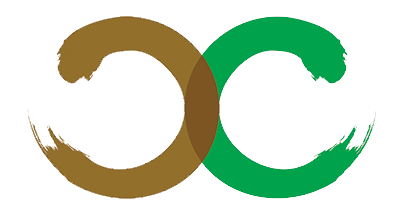Continuing efforts to promote environmental awareness under the SODI – A Luoi Project, on 31 January and 01 February 2026, CKC, in collaboration with the Vietnam Union of Friendship Organizations of Hue City (VUFO Hue), organized a Photography Training as part of the “Photovoice Contest on Forest Protection” at primary schools in the three project communes.
The training serves as an important preparatory step for the contest, which runs from January to March 2026 across project schools. Through photography, students are encouraged to develop their creativity while reflecting on the value of forests and their responsibility toward local ecosystems.
A total of 75 students from three primary schools: Hong Van, Nham, and Hong Thai, participated in interactive learning activities, including:
• Becoming familiar with cameras
• Learning proper, safe, and professional photography skills
• Discussing meaningful stories conveyed through images; and
• Preparing for field trips, where each photograph becomes both a story and a message about forest protection.
This activity is part of the Environmental Awareness Component of the SODI – A Luoi project (2024 – 2029) titled “Socio-Ecological Transformation for Ethnic Minority Women through Creating Sustainable Livelihoods in A Luoi”. The project is funded by SODI (Solidaritätsdienst-international e.V.) and the German Federal Ministry for Economic Cooperation and Development (BMZ). VUFO Hue is the lead implementing agency, and CKC Center is a key partner in delivering awareness-raising and indigenous knowledge preservation activities.
All images below were taken with the consent of participants and their legal guardians. Please contact CKC before using these images for any purpose other than for Project’s official communications.
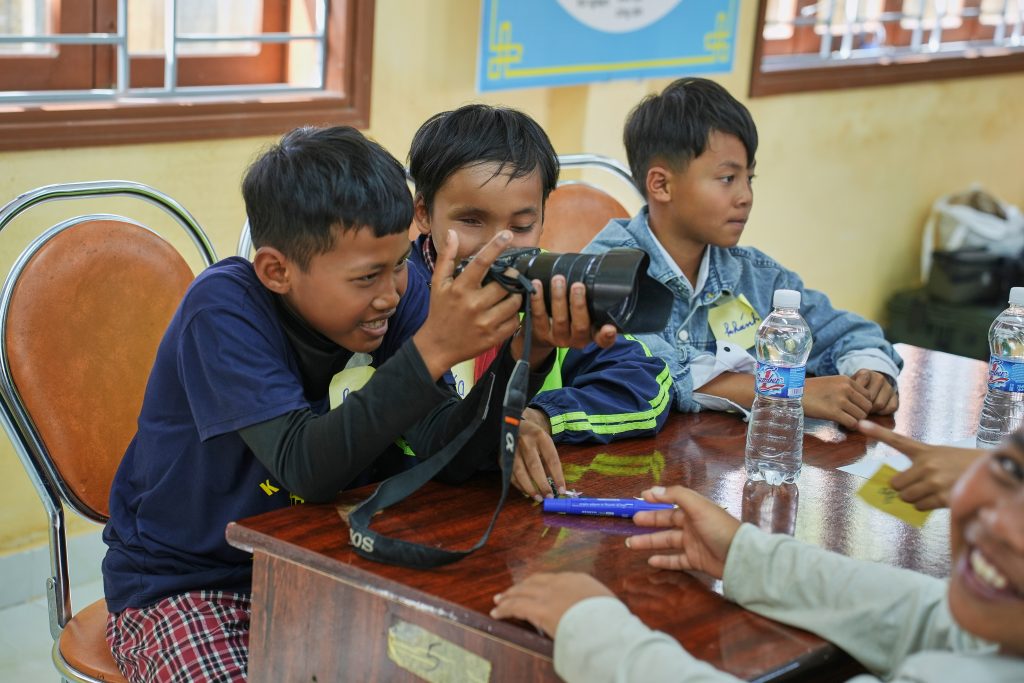
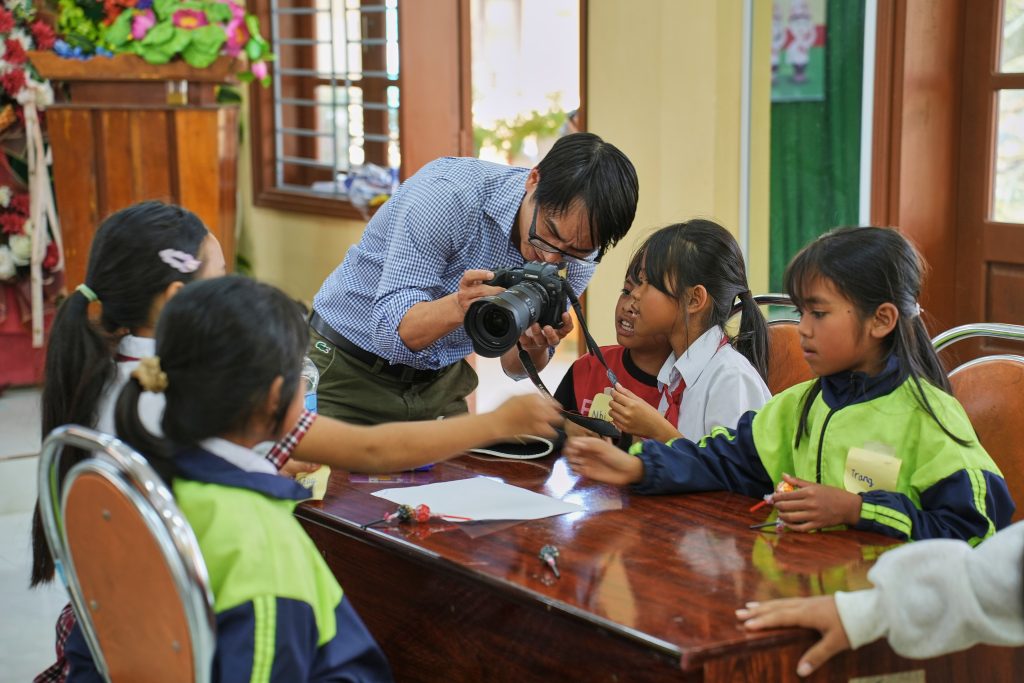
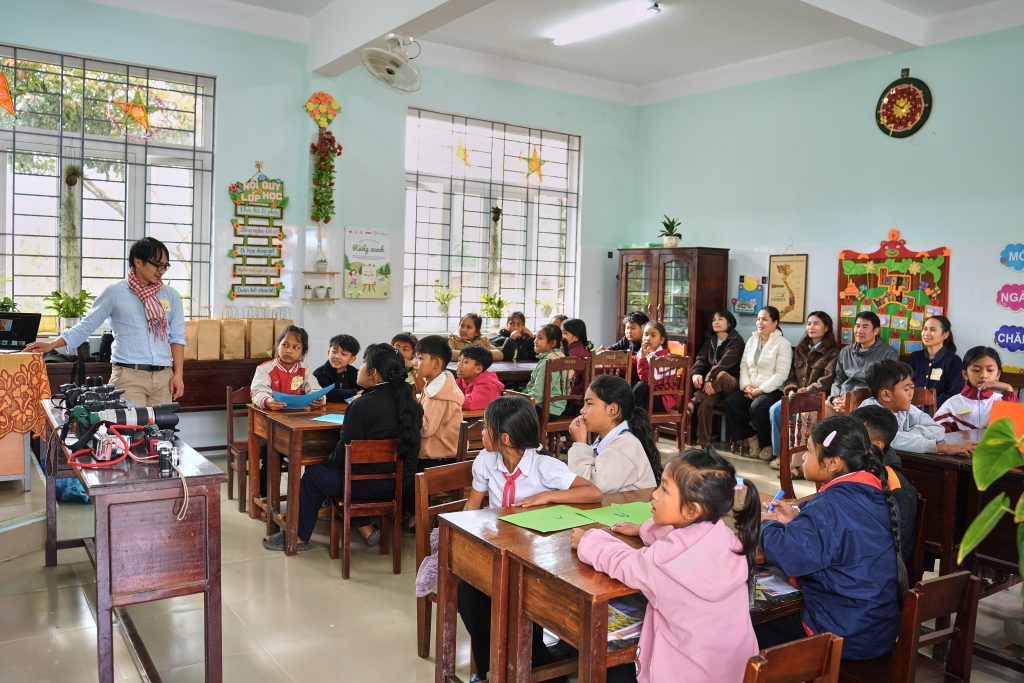
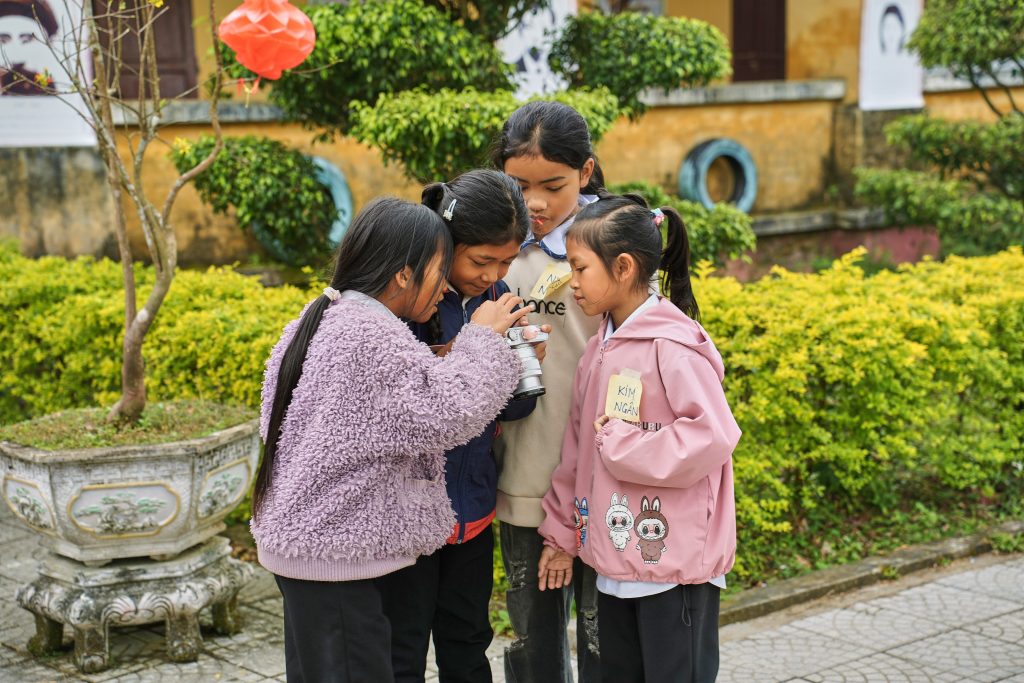
On December 27 and 28, 2025, Vietnam Union of Friendship Organizations of Hue City (VUFO Hue), in collaboration with the Center for Development Research and Co-Creation of Knowledge (CKC) successfully organized three training courses on forest and environmental protection for more than 120 local residents in A Luoi 1, A Luoi 2, and A Luoi 3 communes. Notably, nearly 85% of participants were ethnic minority women.
- Exchanged ideas and engaged in discussions on current issues related to forest resources and the environment;
- Identified and analyzed key challenges impacting local ecosystems; and
- Proposed practical solutions to protect and conserve surrounding ecosystems.
- 95% of participants reported a significant improvement in their understanding of forests and environmental protection; and
- 70% expressed a very high level of satisfaction with the training content and overall organization.
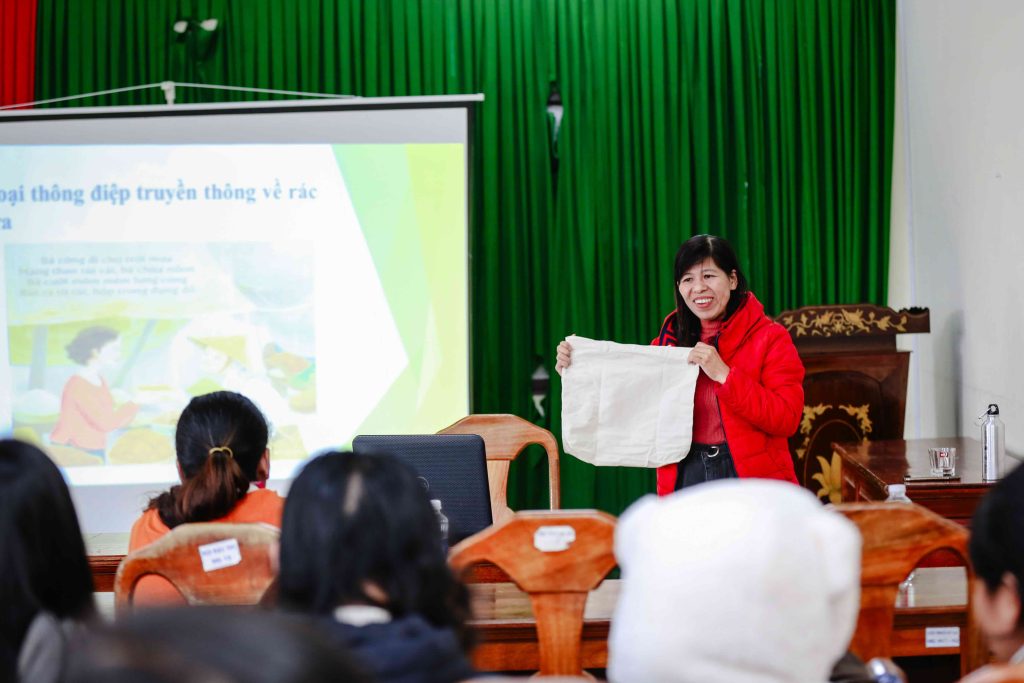
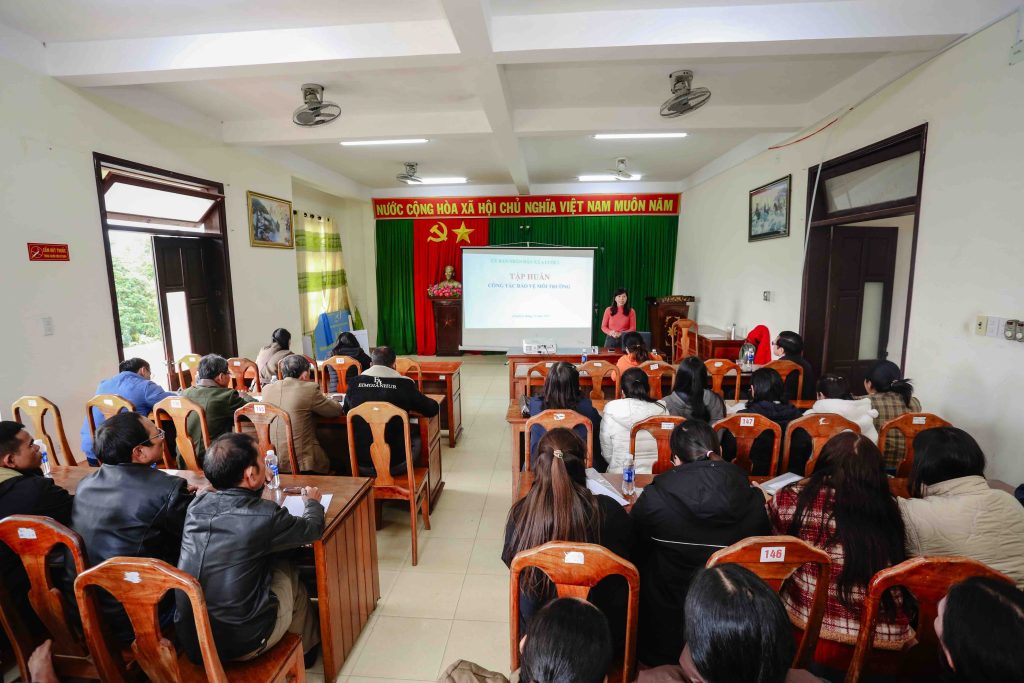
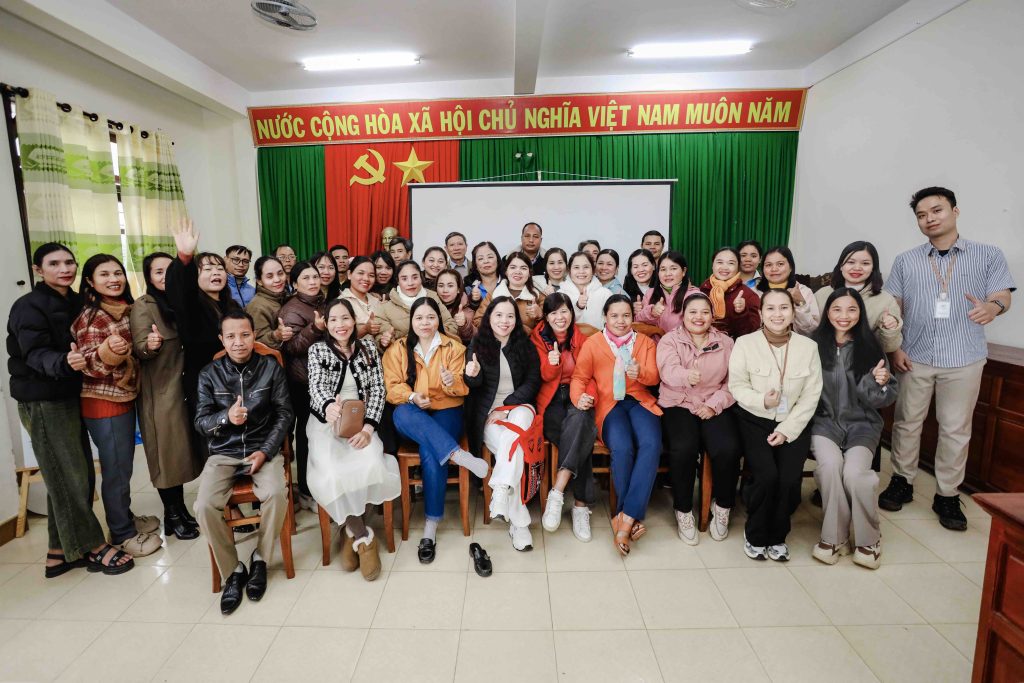
From December 26th to 28th, 2025, the Center for Knowledge Co-creation and Development Research (CKC), in partnership with Vietnam Union of Friendship Organizations Hue City (VUFO Hue – the Head of the Project Management Board), proudly launched the “Green Forest” Exhibition at the Y Reo Village Community Center in A Luoi 3 Commune, Hue City.
A highlight of the event was the Award Ceremony for the “Green Forest” Drawing Contest, held on the morning of December 27th, 2025, honoring 10 outstanding artworks. The prize structure featured 1 first prize, 2 second prizes, 3 third prizes, and 4 consolation prizes, with a total prize value of VND 10 million. The first prize was awarded to Ho Nhu Huyen, a 4th-grade student from Hong Thai Primary School, for her inspiring artwork conveying the message: “Let’s Protect the Green Forest.”
At the Award Ceremony, CKC was delighted to welcome:
- Mr. Huynh Tien Dat – Chairman of the Hue City Union of Friendship Organizations (VUFO Hue), Director of the SODI-A Luoi Project Management Board,
- Representatives from the Principal Boards of Hong Van, Nham, and Hong Thai Primary Schools, and
- Over 100 teachers, students, and parents from the three primary schools.
The exhibition followed the “Green Forest” Drawing Contest held on December 6th, 2025, which attracted 305 entries from students of Hong Van Primary School (A Luoi 1), Nham Primary School (A Luoi 2), and Hong Thai Primary School (A Luoi 3).
After a rigorous evaluation process, 50 representative works were showcased, each telling a unique story and reflecting the creativity and individuality of ethnic minority students – all united by the powerful message of environmental protection and forest conversation. The “Green Forest” Exhibition not only offered an enriching artistic experience but also provided a platform for young students to express their voices and demonstrate their commitment to safeguarding nature through art.
In his inspiring remarks, Mr. Huynh Tien Dat, President of VUFO Hue, Director of the SODI-A Luoi Project Management Board, encouraged young students: “I hope you will continue to excel in your studies, nurture your creative spirit, and become positive leaders in protecting the environment and our green forests.”
The exhibition is part of the “Socio-Ecological Transformation for Ethnic Minority Women through Creating Sustainable Livelihoods in A Luoi” project (SODI – A Luoi Project). Running from 2025 to 2029, the project is funded by Solidaritätsdienst-international e.V. (SODI) and the German Federal Ministry for Economic Cooperation and Development (BMZ), managed and implemented by VUFO Hue. Its core components include capacity building and awareness raising, developing sustainable livelihood models, and preserving indigenous knowledge. CKC proudly serves as the official implementing partner.
The “Green Forest” Exhibition was featured in the evening news program on December 28, 2025, produced by Hue Newspaper, Radio and Television here. (Exhibition segment begins at 24:25)
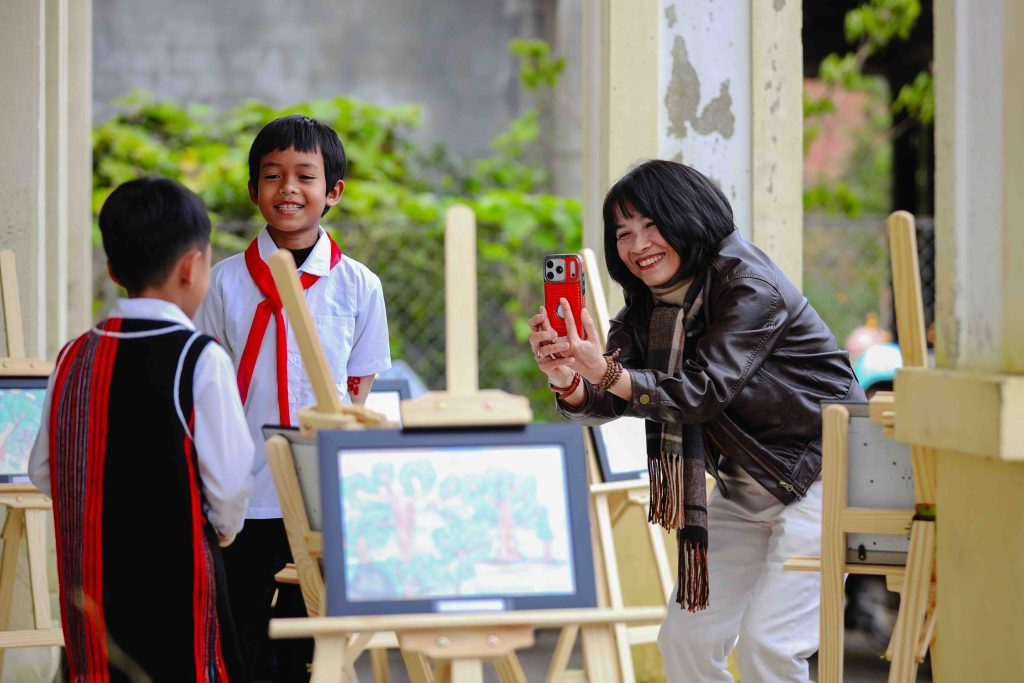
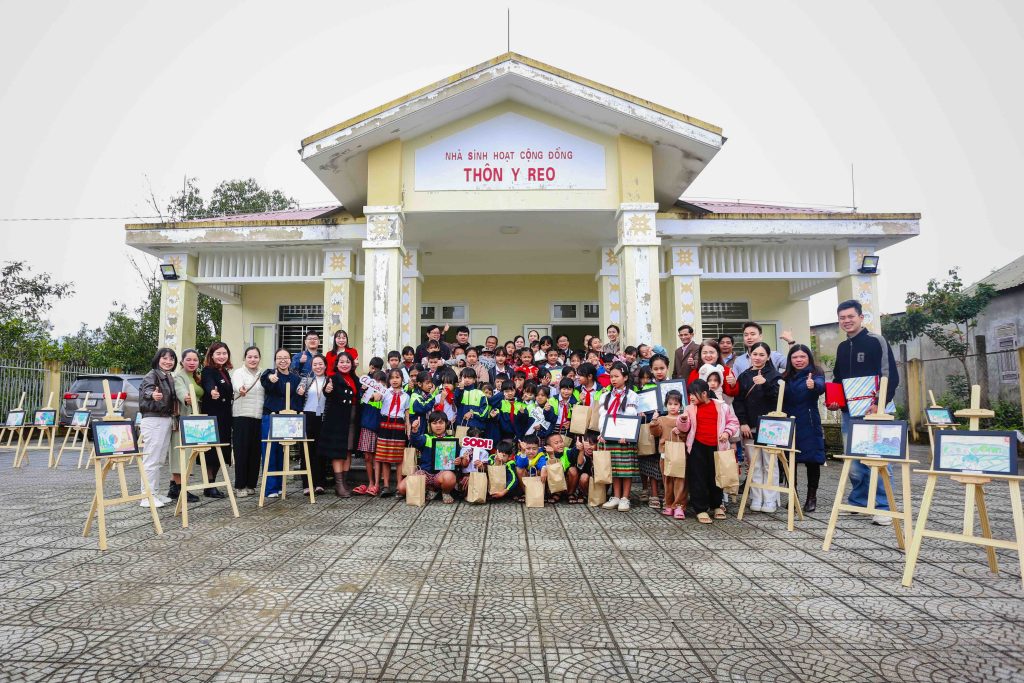
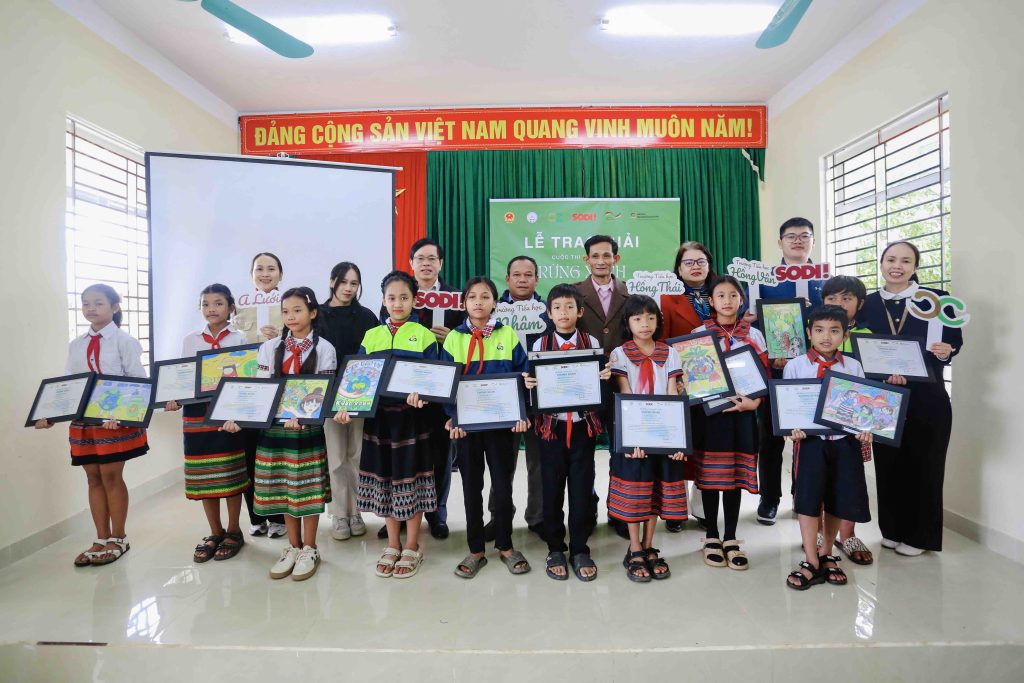
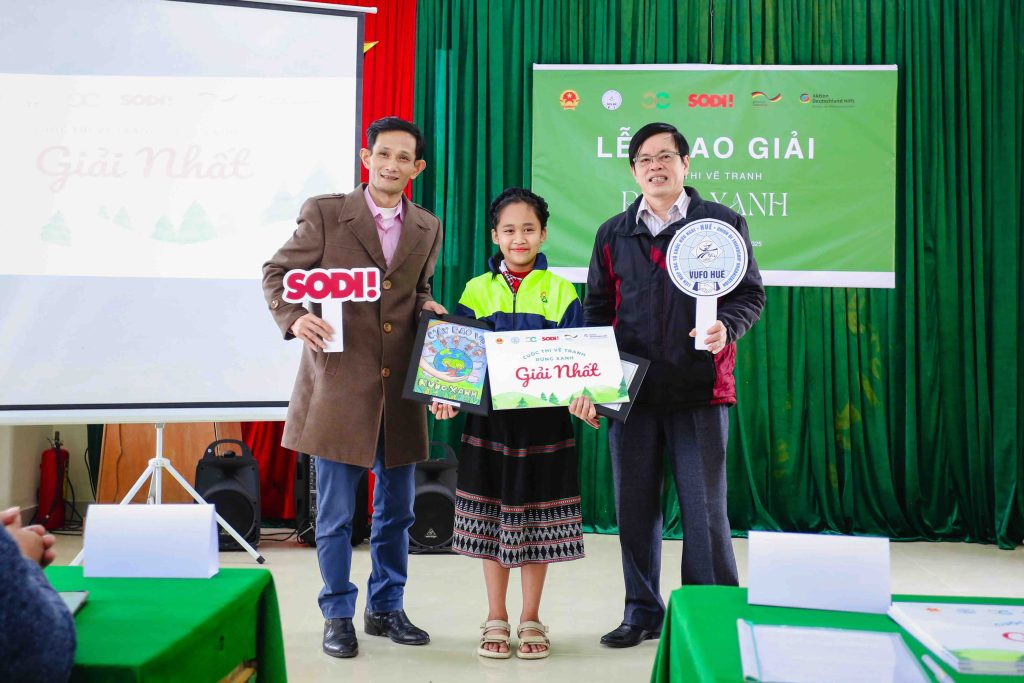
(All images below were taken with the consent of participants and their legal guardians. Please obtain permission from CKC before using these images for any purpose other than for Project’s official communications)
Photo: Ho Ngoc Anh Tuan
